Sometimes when I’m preaching to children about a reading with light and darkness themes, I’ll ask them who is, or ever has been, afraid of the dark. As you can well imagine, most of the hands go up, and probably all of them should go up. And I don’t think that experience is limited to children. How many of us, when we are driving along an unfamiliar road late at night, or during a storm, are more than a little nervous when looking for our next turn? Or how many of us are more than a little wary about being in certain areas after dark? And even closer to home, how many of us have our hearts pound a little faster when we hear a strange noise in the middle of the night?
A couple of years ago now, I woke up what sounded like an explosion in the middle of the night. I looked out all the windows, and couldn’t see anything unusual. Nobody lives above me so it wasn’t like someone fell out of bed. It took me a while to calm down and I finally went back to sleep. I found out the next day a car had exploded in a parking lot over at the high school. It certainly got my blood pumping in the early hours.
We’ve all heard the warning: nothing good ever happens after dark. Watching the news bears that out. You hear about people being shot, carjacked, robbed at all hours of the night, and you wonder why anyone is out and about at that hour. Sure, sometimes they work at that time of night, but not nearly all of them. Why would anyone else be out messing around at that hour? Being out in the wee hours often leads to trouble. Nothing good ever happens after dark.
Except on this night.
On this night, the best thing ever happened. On this night, the debt of our ancient sinfulness was canceled. On this night, our Lord triumphed over sin and death. On this night, everything changed, for the better, on this night the best thing ever happened after dark! “This is the night, when Christ broke the prison-bars of death and rose victorious from the underworld!” The Exsultet, sung at the beginning of our time together this night, tells us just how glorious this night actually is:
The sanctifying power of this night
dispels wickedness, washes faults away,
restores innocence to the fallen, and joy to mourners,
drives out hatred, fosters concord, and brings down the mighty.
That’s how much power this night actually has. Whereas so many nights have brought, and continue to bring, sadness to so many, this night brings joy to mourners. Whereas so many nights have brought fear and anguish and hatred, this night restores innocence, drives out hatred, and fosters concord. This night obliterates evil, gives new luster to souls that have been tarnished by sin, and destroys the power of the mighty to bring misery to the humble. This one night turns everything upside-down and introduces a new reign of glory.
Tonight we have heard in reading after reading, that God will absolutely not ever abandon his loved and chosen ones to sin and death. We have heard that God initiated the covenant and pursues it forever, never forcing us to accept his will, but willing that we should follow him and accept his mercy. God has provided the lamb of salvation, the acceptable sacrifice which brings salvation to the whole world. God has gone to the cross and been in the tomb and descended to hell – there is nowhere that is beyond the reach of God’s mercy, there is no place, no depth to which God will not go to redeem his beloved creation. God’s mercy endures forever!
God delights in the freedom of will that we possess as a natural part of who we are, because it gives us the opportunity to freely choose to love him, as he freely chooses to love us. But he knows that same free will can and will also lead us astray, into sin, into evil. The free choice to love God is a greater good than the absence of evil, so not imbuing us with free will was never an option. Instead, evil and sin and our fallenness are redeemed on this most holy of all nights.
We have been praying and waiting and remembering and entering in to the events of our Lord’s passion and death for three days now. On Thursday evening, Father Ramon invited us to imagine being part of the first community of believers after the death and resurrection of Jesus. We imagined coming to Jerusalem and looking for someone to tell us about Jesus. Then we were invited to fall on our knees in worship and adoration as we celebrated the Eucharist in memory of him. On Friday afternoon, Father John encouraged us to not just see what we did to Jesus, but also what Jesus did for us. He invited us to find Jesus on the cross, uniting our own passions with his, and glorying in the grace of what Our Lord did for us. And tonight we get to see that glory, as we sing our Alleluias and know that death no longer has power over us.
Now we get to focus on salvation that is our in the sacraments. Especially tonight, we remember our own baptisms, and we look forward to the baptism of our eight Elect who have been preparing for this night for two years. Everything is in place: the waters of the Red Sea are parted, the pillar of fire glows to the honor of God, we are led to grace and joined to God’s holy ones of every time and place, Christ emerges triumphant from the underworld and the sin of Adam is redeemed forever. And so these eight Elect, in a few moments will enter the waters of Baptism, renouncing the prince of darkness, professing faith in God, dying with Christ in the waters, emerging to new life, triumphant with Christ, and encountering the bright morning star whose light blazes for all eternity. We will hold our breath as the waters flow over them, and sing Alleluia when they are reborn, crying out the praise of God with all the joy the Church can muster!
Our joy will continue to overflow as they are Confirmed in the Holy Spirit and fed for the very first time with the Eucharistic Bread of Life. God’s mercy has once again triumphed and brought these wonderful young people into the family of the Church and the community of our parish. God’s goodness shows forth all its splendor in so many wonderful ways on this most holy of all nights!
This is the night that redeems all of our days and nights. This is the night when sin and death are rendered impotent by the plunging of the Paschal candle, the Light of Christ, into the waters of Baptism. On this night, everything is turned upside-down; sin and death no longer define who we are as human beings; the forces of evil search in vain for darkness in which to cower, because the bright morning star has washed the darkness away. On this night, the waters of Baptism put death to death, wash away faults and wickedness, give refreshment to those who are parched for holiness, and bring life to all who have withered in the desert of brokenness.
And so, may the flame of our joy, blazing against the darkness of the world’s night, be found still burning by the Morning Star: the one Morning Star who never sets, Christ our Lord, God’s only Son, who coming back from even from the depths of death’s domain, has shed his peaceful light on humanity, and lives and reigns for ever and ever! Amen!
Christ is risen! He is risen indeed! Alleluia!
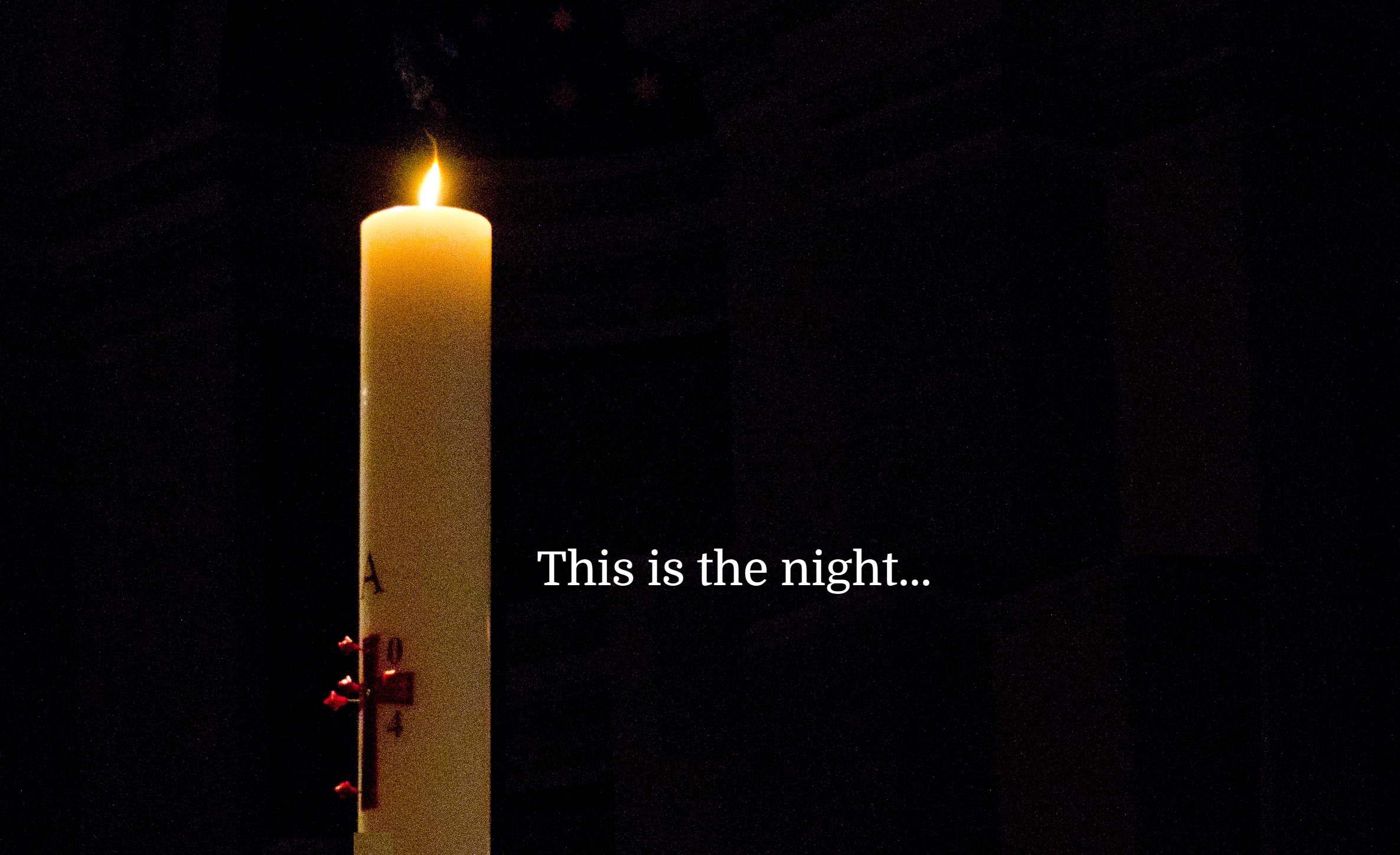
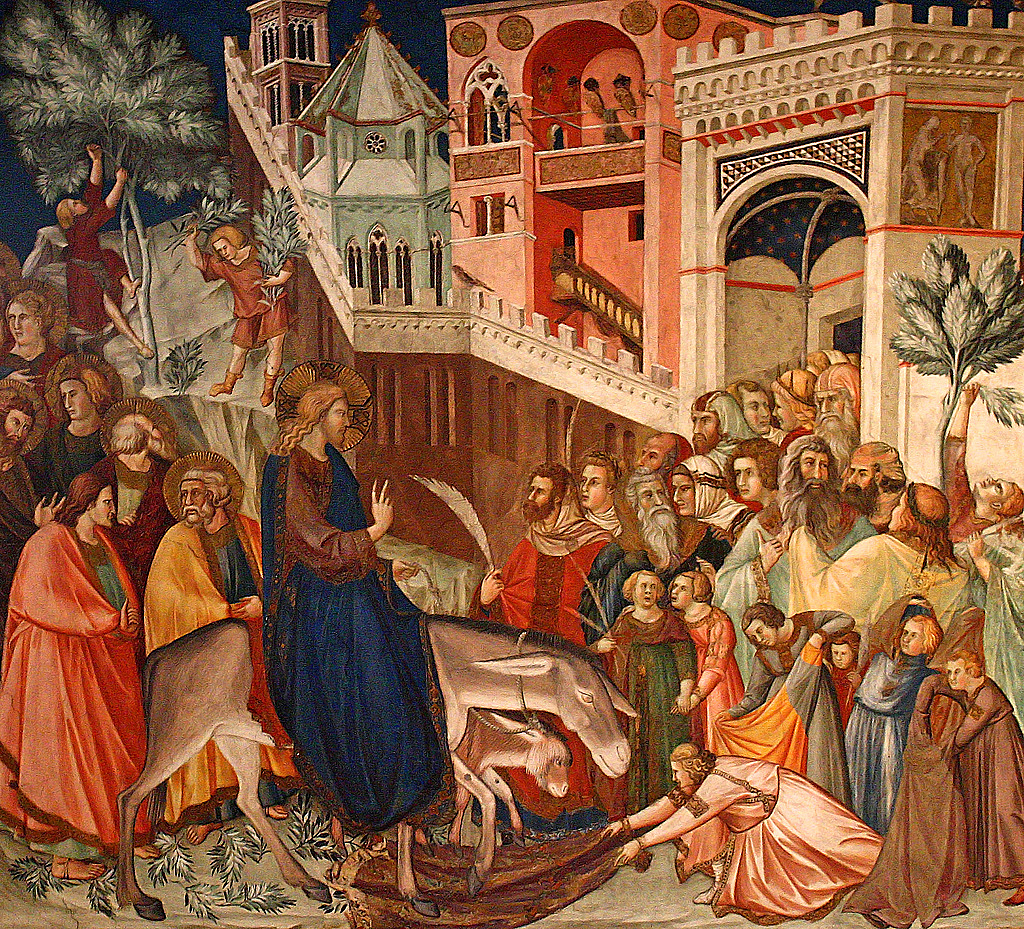
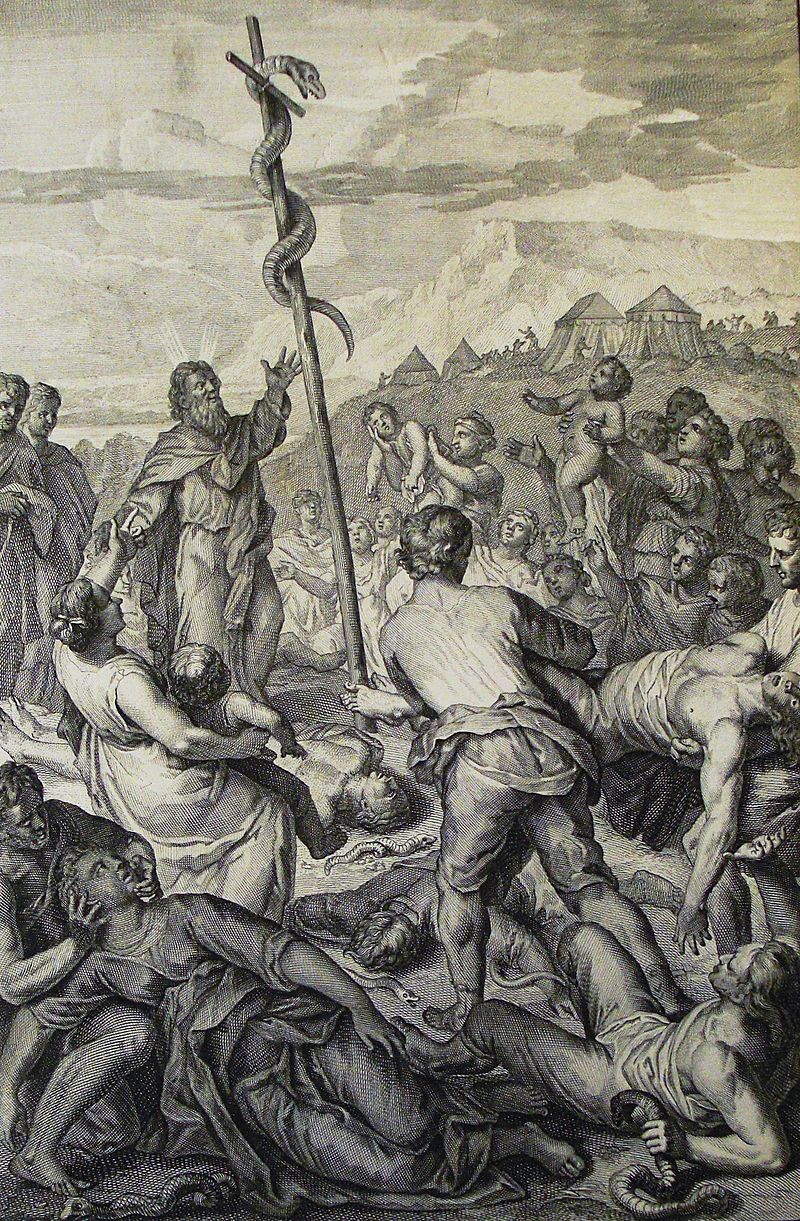
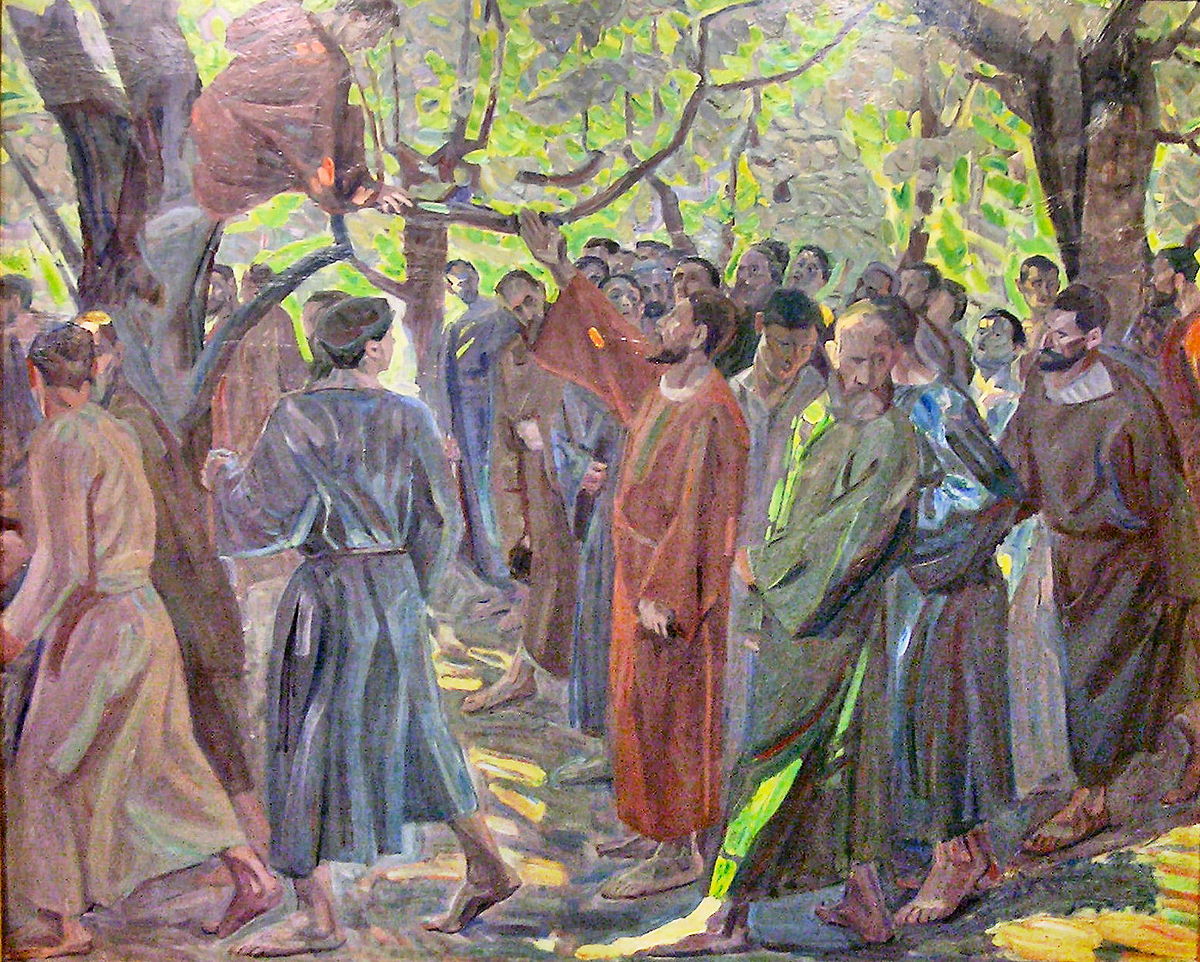
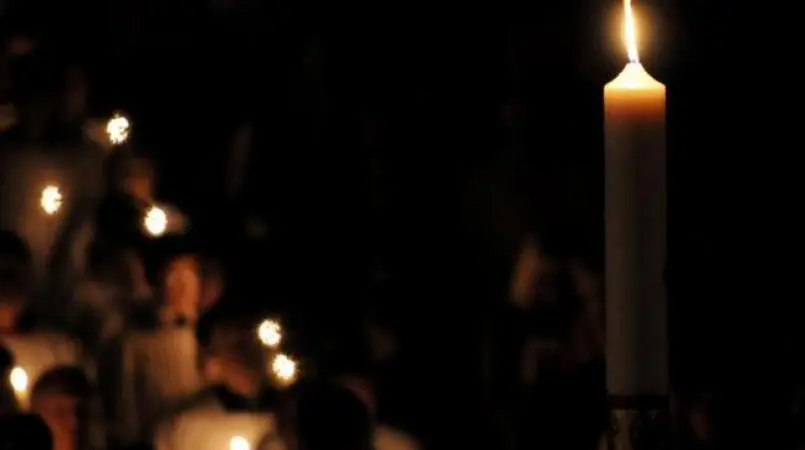
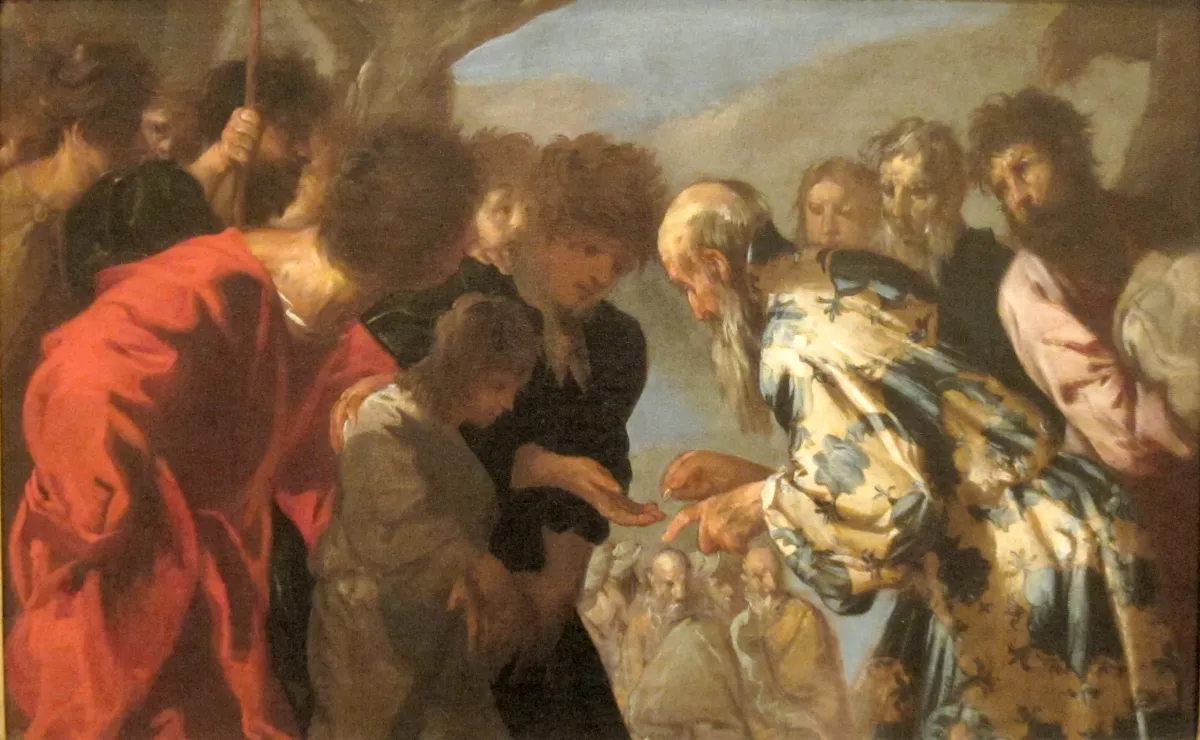
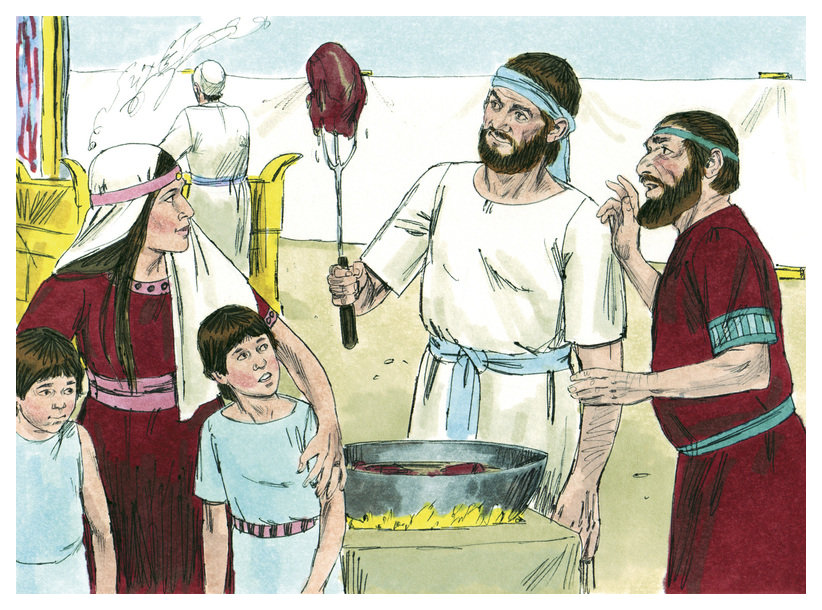
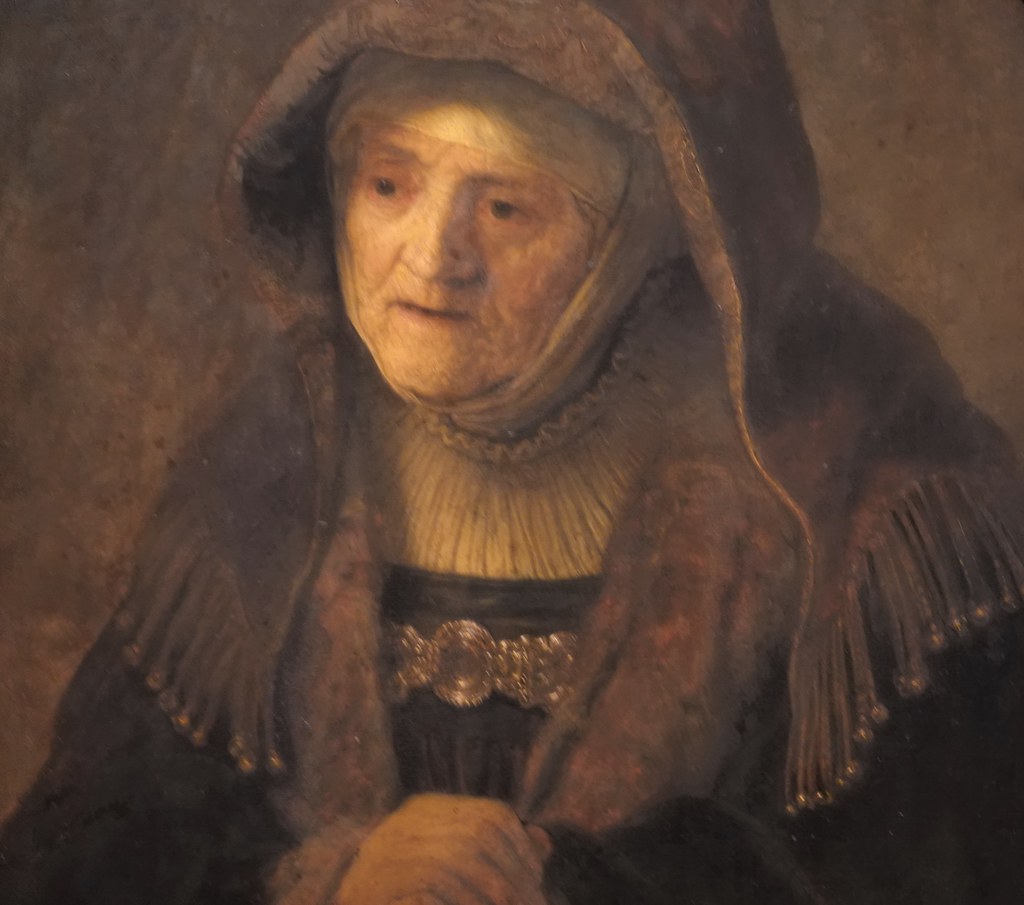
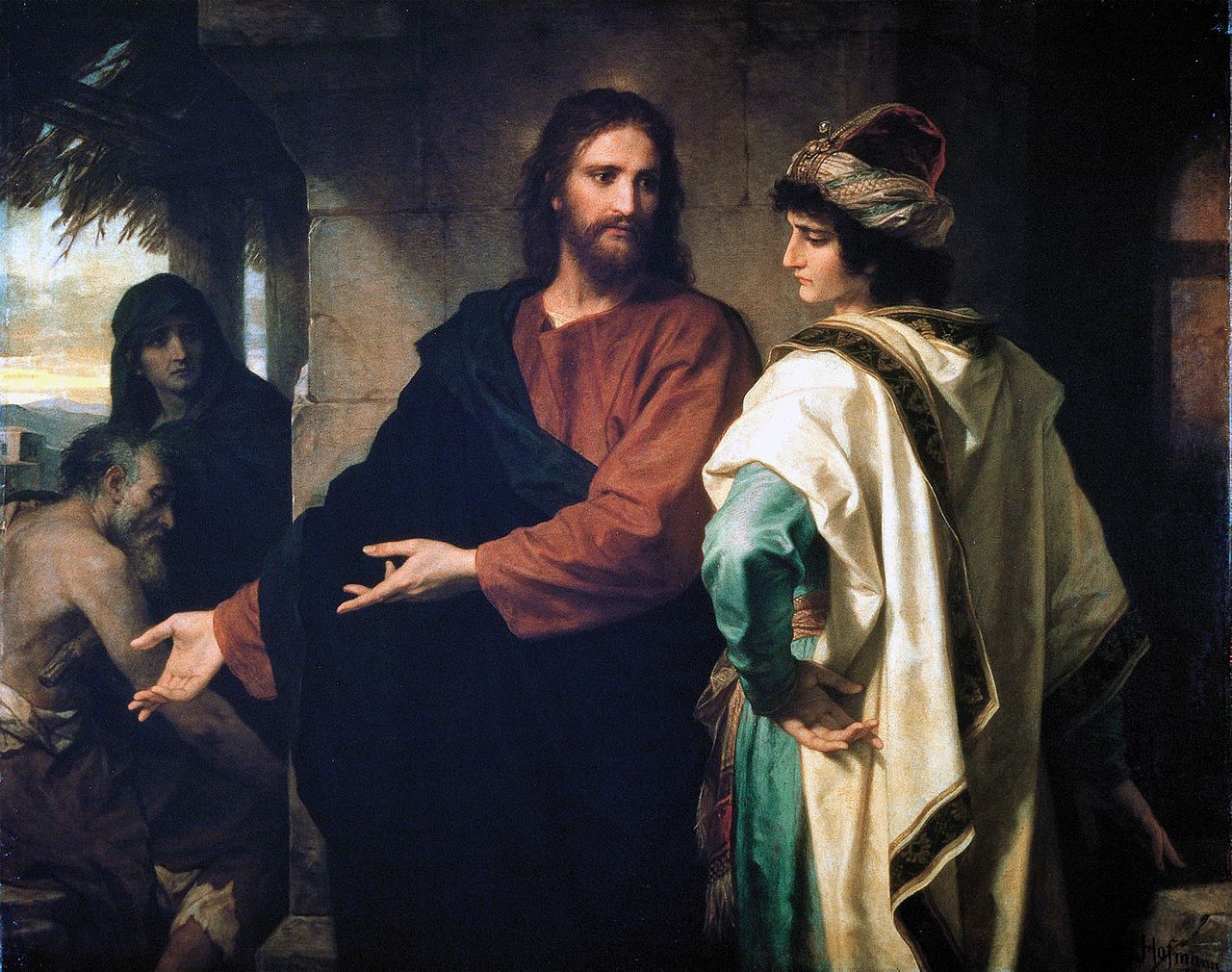
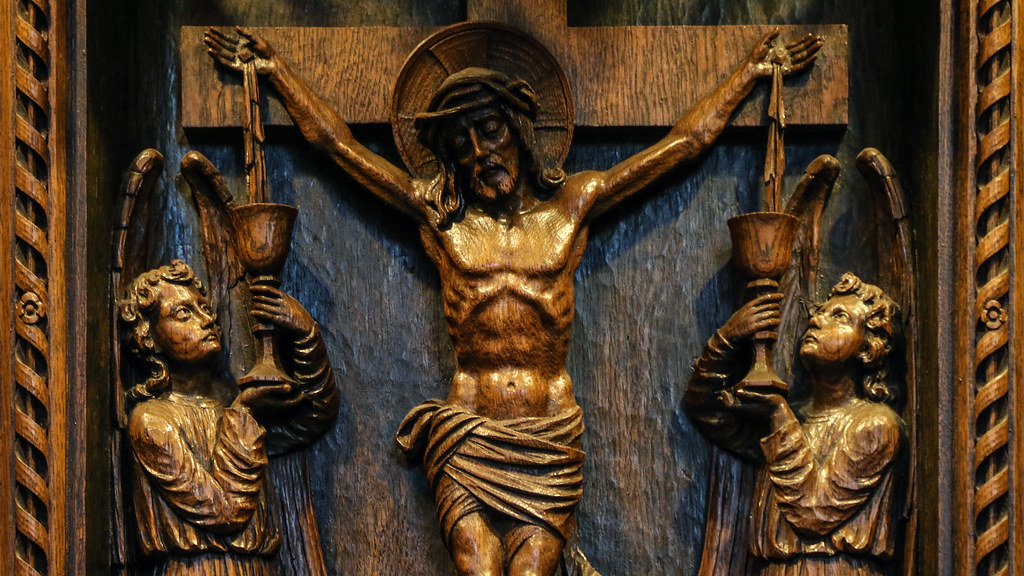
You must be logged in to post a comment.